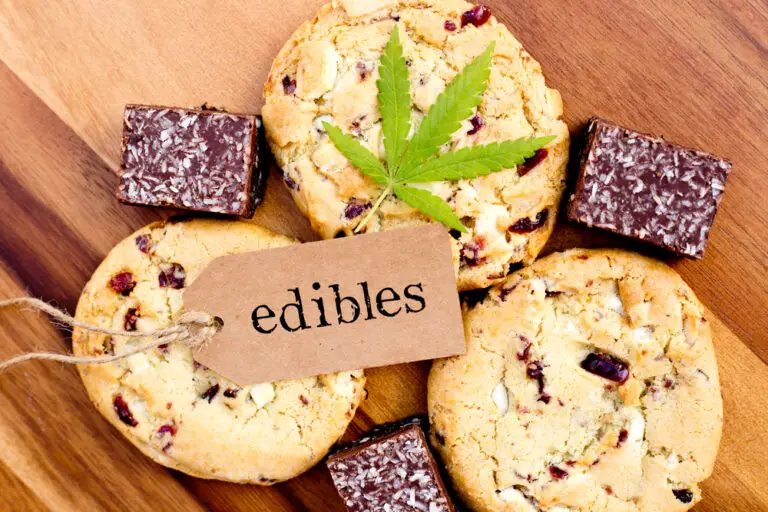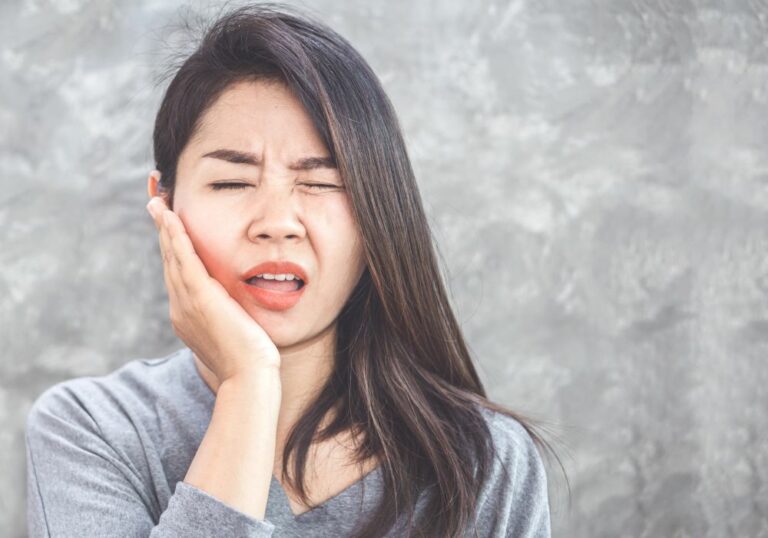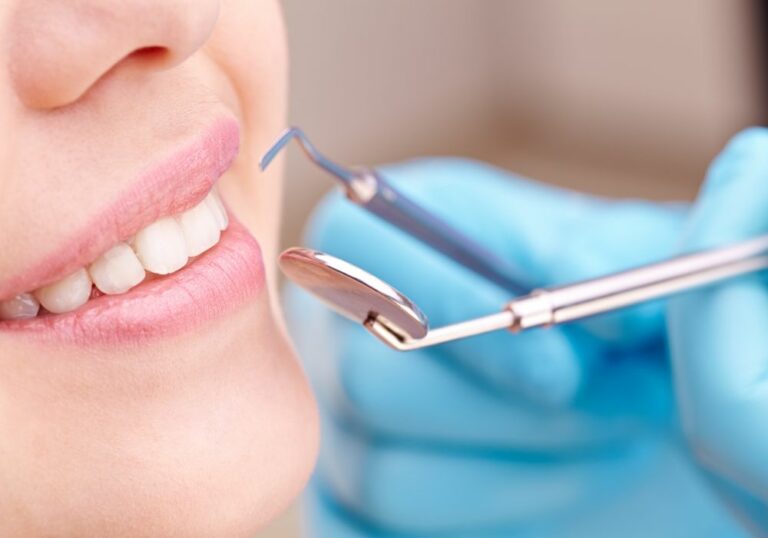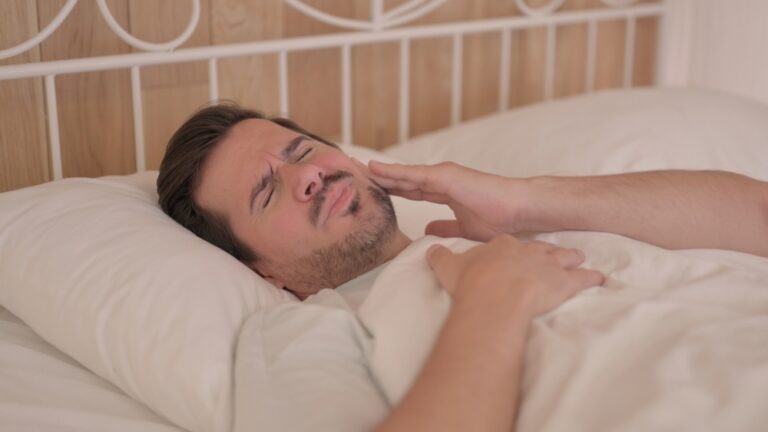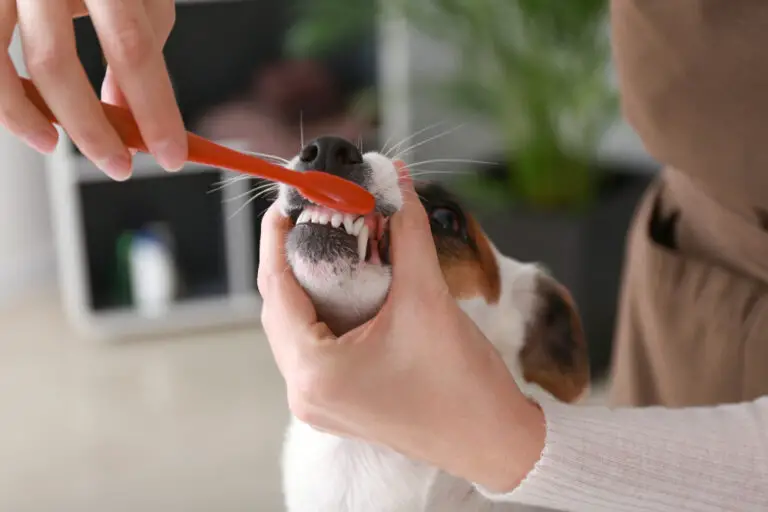Horses have between 36-44 teeth total that are specialized for grazing and chewing fibrous food. Adult horses have the following dental formula:
- Incisors (front teeth): 2 upper incisors, 1 lower incisor
- Canine teeth (tusks): Canines are only present in male horses. Females usually have canine teeth but they are very small.
- Premolars: 2 on each side of upper and lower jaws
- Molars: 6 upper molars, 6 lower molars
The incisors and canines are located in the front of the mouth and are used for biting off grass and hay. The premolars and molars in the back of the mouth grind food into small pieces to be swallowed.
Horses chew food in a circular motion, using their front teeth to grip food and back teeth to grind. This chewing motion is critical for breaking down fiber in forages and extracting nutrients. Horses spend up to 16 hours per day grazing and chewing their fibrous diet. Proper chewing also stimulates saliva production which helps buffer stomach acid.
Consequences of losing front incisor teeth
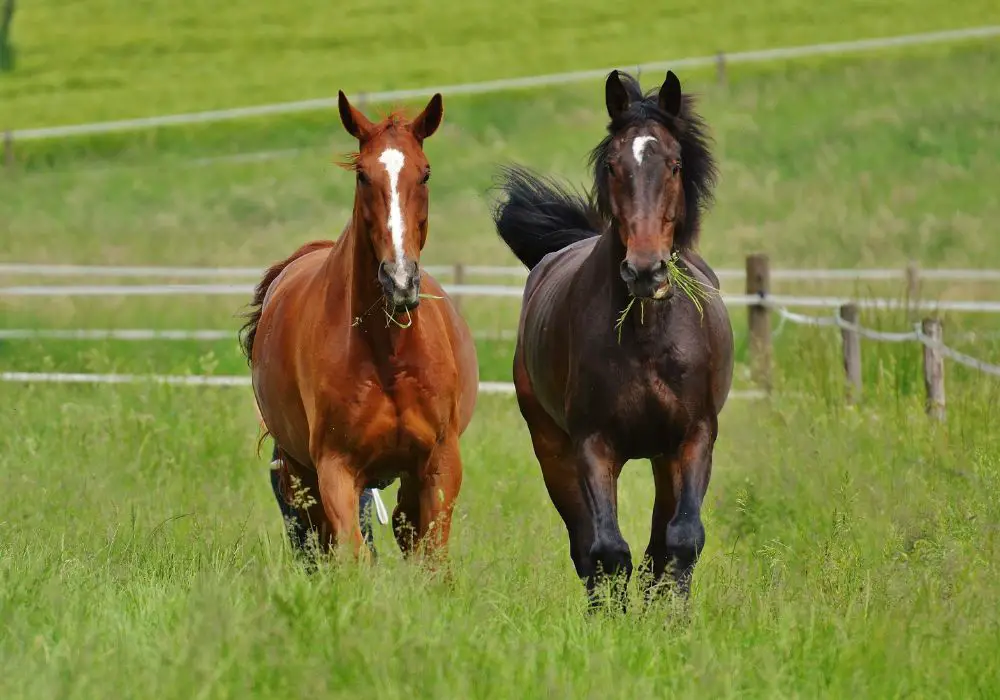
Horses can sometimes lose their front incisors due to trauma, infection, wave mouth malocclusion, or simply old age. Loss of incisors impacts their ability to efficiently bite off and chew food. Consequences may include:
- Weight loss: From inadequate nutrition if they cannot properly process enough food.
- Choking: Large unchewed pieces of food can lodge in the esophagus.
- Tooth roots: Roots of lost incisors can develop into painful cysts if neglected.
- TMJ pain: Uneven wear on incisors can lead to misalignment of the TMJ joint.
- Nutritional deficiencies: Difficulty chewing and extracting nutrients can lead to vitamin/mineral deficiencies.
- Frustration behaviors: Horses may show stall-walking, wood chewing, or aggression due to hunger and frustration.
- Poor body condition: Muscle loss and ribs showing from weight loss despite adequate food.
With appropriate management however, most horses are able to adapt and survive just fine without their front incisors.
Chewing efficiency
Chewing efficiency is significantly reduced when incisors are missing or loose. The front teeth are designed to grip and sheer off pieces of feed. Without them, horses have difficulty cleanly biting off chunks of hay or grass. Long strands instead get pulled partway into the mouth but cannot be sheared off, leaving a lot of wasted food falling out of the mouth.
This inefficient chewing means the horse consumes less of their diet, while also expending more energy trying to eat. Weight loss is a common consequence. The remaining premolars and molars at the back can still crush and grind food – but only if it gets far enough into the mouth.
Weight loss risk
The biggest risk of incisor loss is significant weight loss and poor body condition. Studies show chewing efficiency is reduced by 50% or more with the loss of incisors. Because they are unable to adequately process and swallow enough roughage, horses are at high risk of unintentional weight loss.
Owners need to provide enough calories in a highly digestible form the horse can adequately chew and swallow. Senior feeds, complete mashes, and soaked hay cubes can help provide concentrated calories. Checking weight weekly and adjusting the diet in response to any losses is very important.
Veterinary dental treatments may help restore chewing function in some cases. But even with aggressive nutritional support, a small percentage of horses continue to lose dangerous amounts of weight despite the owner’s best efforts to feed them adequately.
Choking hazard
The choke reflex stimulates swallowing and pushes food back toward the stomach. Normally horses chew food extensively with their incisors and molars until it’s softened by saliva and ready for swallowing.
Without incisors, horses sometimes swallow large, inadequately chewed mouthfuls. These unchewed chunks don’t stimulate the choke reflex properly. When swallowed, they can become lodged in the esophagus instead of passing into the stomach. This is known as choke, and is a serious risk.
Choke can become life-threatening if the obstruction completely blocks the airway. Owners should monitor eating closely and learn to recognize signs of choke. Prompt veterinary treatment is needed if choke occurs, and preventing choke through proper feeding is critical.
Tooth root cysts
The remaining roots of lost incisor teeth can sometimes develop into cysts or infected cavities in the gum. This occurs when food packs into the empty socket, causing infection. Pressure from the growing cyst can also distort adjacent teeth and prevent proper occlusion.
For this reason, it’s recommended to have any remaining incisor tooth roots surgically extracted soon after the tooth falls out or is extracted. Leaving the remnants behind can lead to dental disease. Regular dental examinations are needed to watch for developing cysts.
TMJ misalignment
The temporomandibular joint (TMJ) connects the jaw to the skull. When pairs of opposing incisors are lost, uneven wear and pressure on the remaining teeth can lead to misalignment of the TMJ joint.
This results in pain, difficulty chewing, and uneven grinding surfaces on the cheek teeth. Frequent dental floats and occlusal adjustments are needed to try to prevent TMJ complications. But TMJ arthritis can still develop over time.
Nutritional deficiencies
Although owners may provide adequate calories by feeding a concentrated diet, horses with compromised chewing ability are still at risk of certain vitamin and mineral deficiencies. For example, they may become deficient in Vitamin D if unable to properly grind up and digest coarse hay containing the vitamin.
Owners can provide vitamin/mineral supplements, but the horse’s compromised digestion and extraction of nutrients from their diet remains a risk factor for certain deficiencies to develop over time. This can contribute to health decline.
Managing horses without front incisors
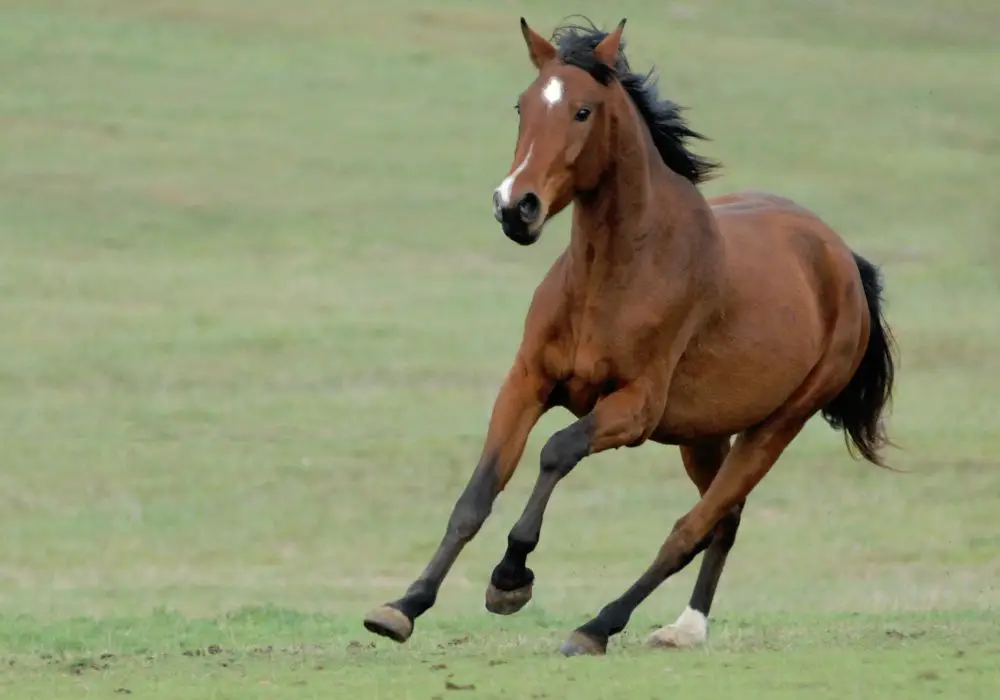
Caring for a horse missing incisors requires making some management adjustments:
- Feed short chopped forage, mashes, hay pellets, etc. Monitor intake and weight closely.
- Check for sharp points on teeth and file down to prevent cheek injuries.
- Learn to recognize signs of choke and have an emergency plan.
- Adjust grazing using a grazing muzzle.
- Avoid treats like apples and carrots that require biting off pieces.
- Provide plenty of fresh water.
- Work with a vet on dental health and nutrition to prevent complications.
With attentive care and a commitment to adapting their diet as needed, most horses can thrive for years without their incisors. However, some may eventually develop unmanageable complications.
Providing an appropriate diet
The primary diet change is eliminating or minimizing hay and grass in long-stem form. Instead, offering feeds that do not require extensive biting or chewing of fibrous material:
- Senior feeds: Made with compressed, pelleted hay that is easy to chew. They are also calorie-dense.
- Chopped hay or grass: Cut into pieces 1-2″ or shorter. Hay stew is a very liquid mash that contains chopped hay.
- Hay pellets or cubes: No long tough stems. Must be soaked well first.
- Complete mashes or gruels: Mix senior feed with warm water into an oatmeal-like consistency.
- Haylage and silage: The soft moist nature makes it easier to chew and swallow.
- Grazing: Should be limited due to difficulty biting off grass, but a grazing muzzle can allow some fresh grazing.
Multiple small meals throughout the day can help ensure adequate intake. Owners should start soaking hay and switching to senior feeds at the first signs of dental issues, not waiting until major weight loss occurs. Work with a vet to ensure the diet provides complete nutrition.
Preventing choke
Choke occurs when an inadequately chewed bolus of food becomes lodged in the esophagus instead of passing into the stomach. Owners of horses missing incisors should be vigilant for signs of choke including coughing, gagging, feed dropping from the mouth and discomfort.
Choking horses require prompt veterinary care to clear the obstruction, as blockages can quickly become life threatening. Prevention involves:
- Soaking hay before meals to soften it
- Chopping hay into very short lengths
- Slowing rapid eaters by placing large rocks in buckets
- Hand feeding small amounts continually instead of giving large meals
- Avoiding chunky treats like apples or carrots
Learn the proper techniques to clear choke if it occurs. Have an emergency equine vet on call and do not wait to seek veterinary treatment.
Maintaining weight
Weighing the horse weekly and tracking their weight is important to catch loss early before it becomes severe. Body condition scoring also assesses if the horse is losing fat deposits and muscle mass.
If weight drops, increase calorie density right away by switching to a senior feed formulated for weight gain. Vegetable oils can be top-dressed. Continue weighing weekly to see if the diet change prevents further dropping weight.
Significant weight loss despite diet adjustments warrants a full veterinary exam to check for underlying illness or dental issues. Sedated oral exams and full mouth radiographs can identify problems not visible externally. Addressing these issues can get weight back improving once chewing function is improved through procedures like tooth extraction or floats.
Other long-term considerations
In addition to nutritional support, horses with missing incisors need increased dental and medical care long term to monitor for complications including:
- Check for sharp enamel points on cheek teeth every 6 months. Floating helps prevent ulcers.
- Take periodic radiographs to check for dental disease not visible on the surface.
- Monitor for sinus infections, which are more common when teeth are lost.
- Address periodontal disease early and extract loose teeth to prevent infection.
- Watch for uneven wear and TMJ arthritis, managing pain if needed.
- Provide joint supplements to support cartilage health.
With vigilant dental and medical care, complications can often be caught early and managed successfully. But problems like severe sinusitis may gradually become untreatable, compromising long-term quality of life.
Long-term outlook for horses without front teeth
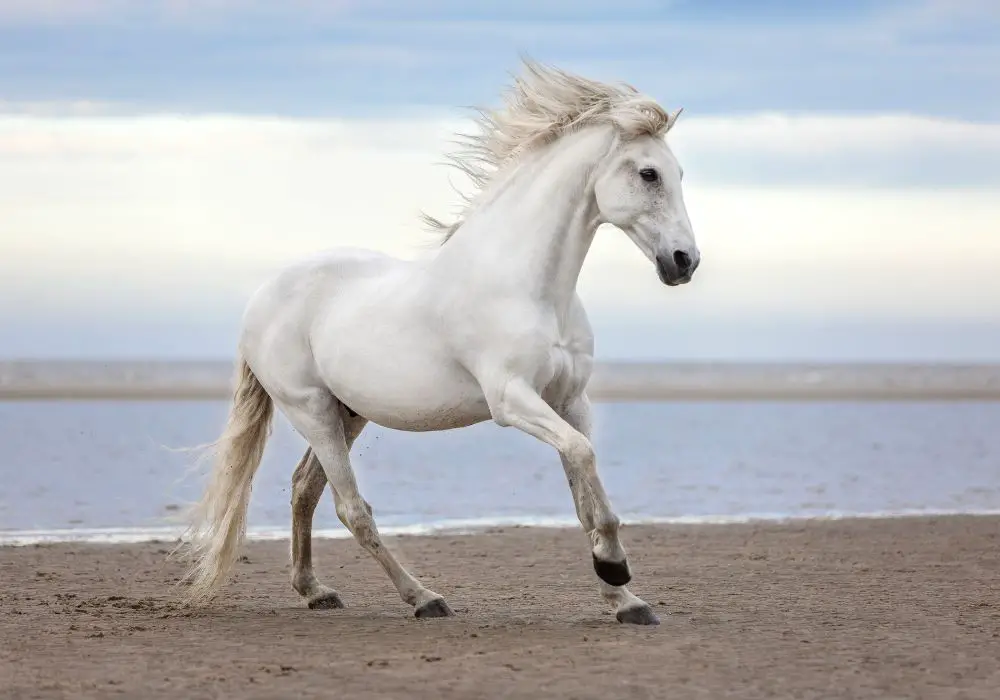
The long-term outlook for horses without incisors ranges from an almost normal lifespan with proper management, to cases where unmanageable health and behavior issues ultimately lead to euthanasia.
Horses with maintained body condition and no recurring issues like choke often thrive just as well as horses with full dentition. But some horses struggle despite aggressive support, and face complications including:
- Severe weight loss unresponsive to feeding adjustments
- Recurrent choking episodes
- Unmanageable dental disease or sinus infections
- Constant irritation and biting of cheeks/tongue
- Distress behaviors from pain and hunger
If a horse’s quality of life is irretrievably compromised and cannot be improved through medical care, euthanasia may become the most humane option. Saying goodbye is always difficult, but responsible owners must put their horse’s welfare first when faced with intractable suffering.
However with early intervention, most dental complications can be well managed for many years. Veterinary dentistry techniques like crowns can also help restore chewing function. So while incisor loss brings new challenges, horses can still enjoy long, contented lives with the right care and nutritional support.
Weight loss challenges
A small percentage of horses are unable to maintain weight and body condition despite aggressive calorie-dense diets when missing multiple incisors. There is simply a limit on how many concentrated calories they can successfully physically ingest.
Even free-choice hay pellets, mashes, added fats and senior feeds may not provide enough digestible nutrition to meet their needs. If the horse keeps dropping weight despite the owner’s best efforts to support them, quality of life may become severely compromised.
At a certain point, euthanasia must be considered if the horse continues to lose dangerous amounts of weight and muscle mass. It is unfair and cruel to prolong severe suffering. Saying goodbye is painful, but responsible owners must put the horse’s welfare first.
Recurrent choking episodes
Horses missing incisors are at lifetime increased risk of choke from swallowing inadequately chewed food. While careful management can reduce this risk, it cannot be prevented entirely in some horses.
If a horse suffers from recurrent bouts of choke despite all efforts to adjust their diet, owners should consult with their veterinarian about quality of life. If the horse must endure repeated choking episodes that create suffering, euthanasia may be the most humane choice.
Dental disease
Advanced dental disease is difficult to treat in horses missing multiple teeth, once tooth loss and periodontal disease starts a cycle of deterioration. Some complications like erupting tooth roots and Progressive Ethmoid Hematoma can result in non-stop sinus pain and infection.
If such dental disease becomes unmanageable despite aggressive treatment efforts, the horse may not have a good quality of life. At that point, prolonging suffering serves no one. Saying goodbye allows freedom from what has become endless pain and discomfort.
FAQ
How long can a horse survive without front teeth?
Horses can live successfully for many years without their front incisor teeth provided they receive proper nutritional management and dental care. There is no set life expectancy, as longevity depends on the individual horse’s ability to adapt and maintain condition and health despite their disability. With appropriate support, most horses do well long-term minus their incisors.
Do horses need their back teeth floated if they have no incisors?
Yes, having their cheek teeth regularly evaluated and floated by an equine dentist is critical for horses without incisors. Points and sharp edges on the molars and premolars will cut the tongue and cheeks without incisors to oppose them. Frequent dental floats help provide pain relief and prevent oral ulceration.
Can a horse graze normally without front teeth?
Horses missing incisors can still graze to some extent, especially if wearing a grazing muzzle to limit bite size. However, they are much less efficient at cropping grass and will lose partially chewed pieces. Their overall intake from pasture grazing is markedly reduced compared to a normal horse. Supplemental feeding is usually needed to maintain weight.
Are incisor crowns or dentures options for horses with missing teeth?
In some cases, veterinary dentists can place porcelain crowns or implants on remaining incisor tooth roots of horses with wave mouth or missing teeth. Partial dentures attached to the molars are also sometimes used. However, these procedures can be expensive and are not an option for all dental issues. Prognosis depends on the amount of underlying bone loss and infection.
Can a horse choke on hay pellets if they have no front teeth?
Yes, even soaked hay pellets can pose a choking risk if the horse tries to swallow a large mouthful. All feed should be consumed slowly and carefully. Large rocks in buckets can slow eager eaters. Owners should watch for signs of choking and be prepared to promptly clear the obstruction. However the soft pellet form does reduce the risk compared to dry hay.

